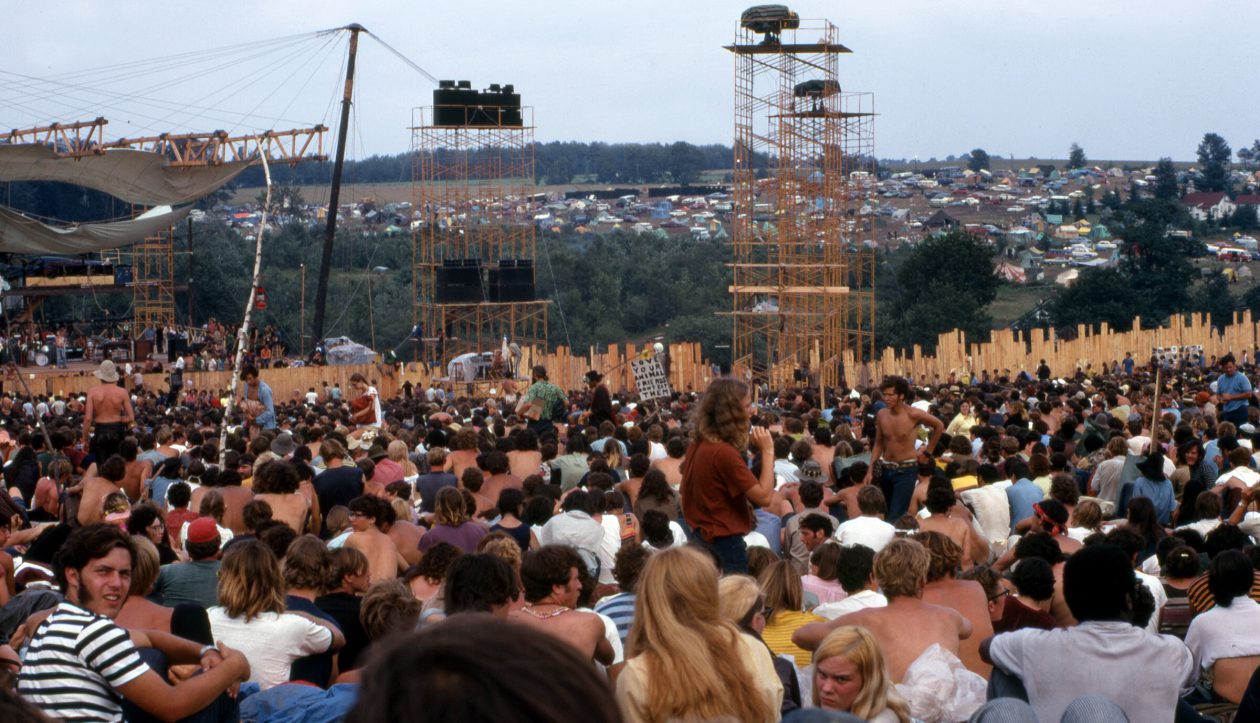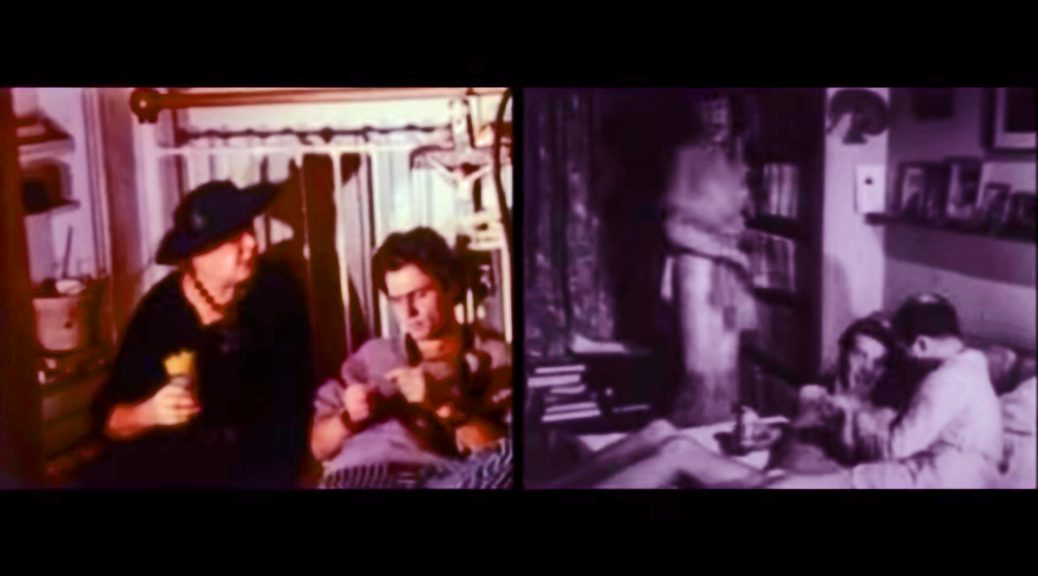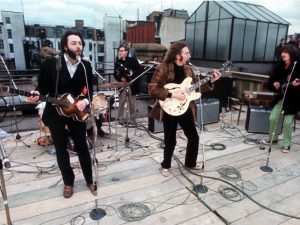January 30 Music et al
Will You Still Love Me Tomorrow
January 30 – February 12, 1961: “Will You Still Love Me Tomorrow” by the Shirelles #1 Billboard Hot 100. Carole King and Jerry Goffin’s first #1 hit. Also, the first song to reach #1 by an all-girl group.
And did you know that Bertell Dache, a demo singer for the Brill Building songwriters, recorded an answer song entitled “Not just Tomorrow, But Always.”
The Satintones also recorded an answer song
January 30 Music et al
White Light/White Heat
January 30, 1968: Velvet Underground released White Light/White Heat album. One of the album’s songs, “Sister Ray,” concerns drug use, violence, homosexuality and transvestism. Reed said of the lyrics: “‘Sister Ray’ was done as a joke—no, not as a joke—but it has eight characters in it and this guy gets killed and nobody does anything. It was built around this story that I wrote about this scene of total debauchery and decay. I like to think of ‘Sister Ray’ as a transvestite smack dealer. The situation is a bunch of drag queens taking some sailors home with them, shooting up on smack and having this orgy when the police appear.“
The recording engineer is famously rumored to have walked out while recording the song. Lou Reed recalled: “The engineer said, ‘I don’t have to listen to this. I’ll put it in Record, and then I’m leaving. When you’re done, come get me.‘”
| Duck and Sally inside They’re cooking for the down five Who’re staring at Miss Rayon Who’s busy licking up her pig pen I’m searching for my mainline I said I couldn’t hit it sideways I said I couldn’t hit it sideways Oh, just like Sister Ray said Live it onRosey and Miss Rayon They’re busy waiting for her booster Who just got back from Carolina She said she didn’t like the weather They’re busy waiting for her sailor Who says he’s just as big as ever He says he’s from Alabama He wants to know a way to earn a dollar I’m searching for my mainline I said I couldn’t hit it sideways I couldn’t hit it sideways Oh, just like Sister Ray said Play onCecil’s got his new piece He cocks and shoots between three and four He aims it at the sailor Shoots him down dead on the floor Oh, you shouldn’t do that Don’t you know, you’ll stain the carpet? Now don’t you know you’ll stain the carpet And by the way, have you got a dollar Oh, no, man, I haven’t got the time time |
Too busy sucking on a ding-dong She’s busy sucking on my ding-dong Oh, she does just like Sister Ray said I’m searching for my mainline I said I couldn’t hit it sideways Oh, couldn’t, couldn’t hit it sideways Oh it, it just, just all over the floor, the floor Now, who’s that knocking Duck and Sally inside |
January 30 Music et al
More!
As if those 17 minutes aren’t enough amazing rock and roll for you, here’s a 37-minute live version for you. More than twice as amazing. Really!
January 30 Music et al
The Beatles
January 30, 1969: The Beatles (w Billy Preston) gave their final live performance atop the Apple building at 3 Savile Row, London, in what became the climax of their Let It Be film. George Harrison later said, “We went on the roof in order to resolve the live concert idea, because it was much simpler than going anywhere else; also nobody had ever done that, so it would be interesting to see what happened when we started playing up there. It was a nice little social study. We set up a camera in the Apple reception area, behind a window so nobody could see it, and we filmed people coming in. The police and everybody came in saying, ‘You can’t do that! You’ve got to stop.’
It was a cold day, and a bitter wind was blowing on the rooftop by midday. To cope with the weather, John Lennon borrowed Yoko Ono’s fur coat, and Ringo Starr wore his wife Maureen Starkey’s red mac. The 42-minute show was recorded onto two eight-track machines in the basement of Apple, by George Martin, engineer Glyn Johns and tape operator Alan Parsons.
From a Rolling Stone magazine article, Here are little-known facts about the Beatles’ famed 1969 rooftop concert,


